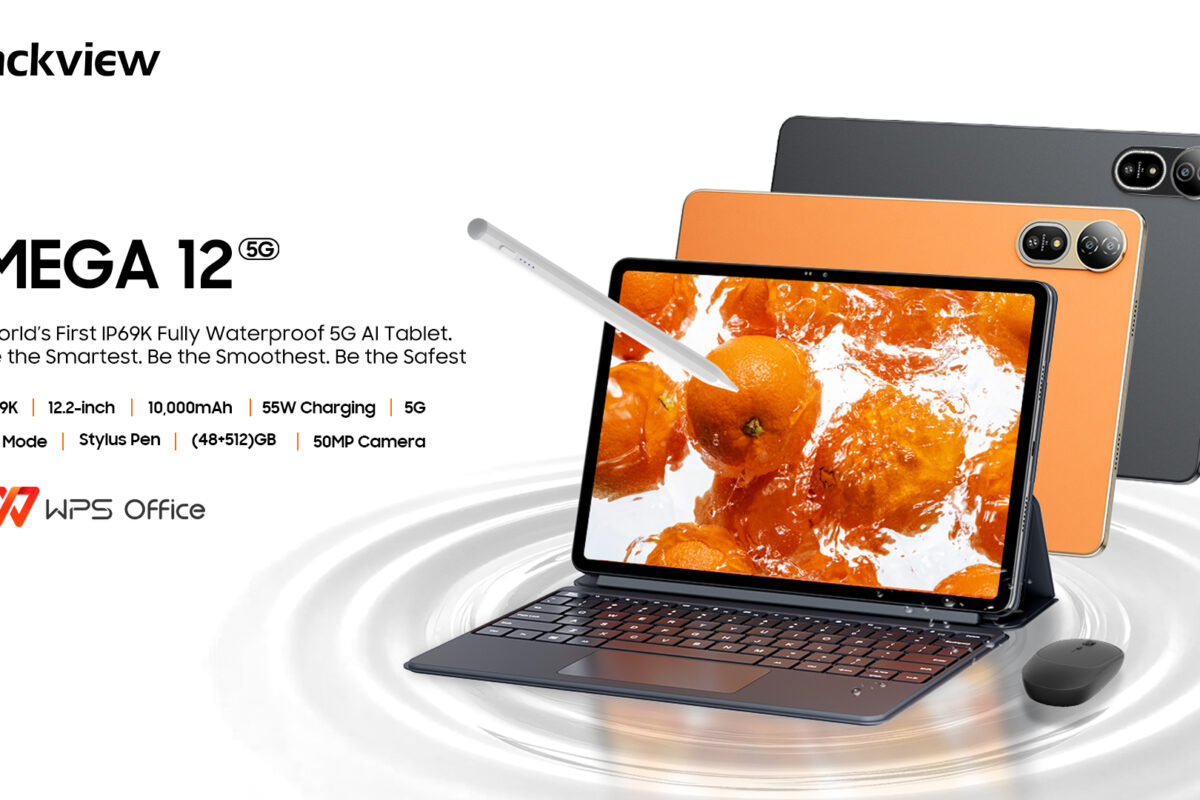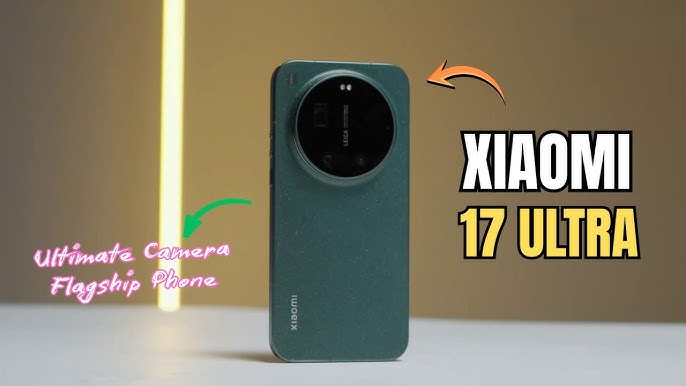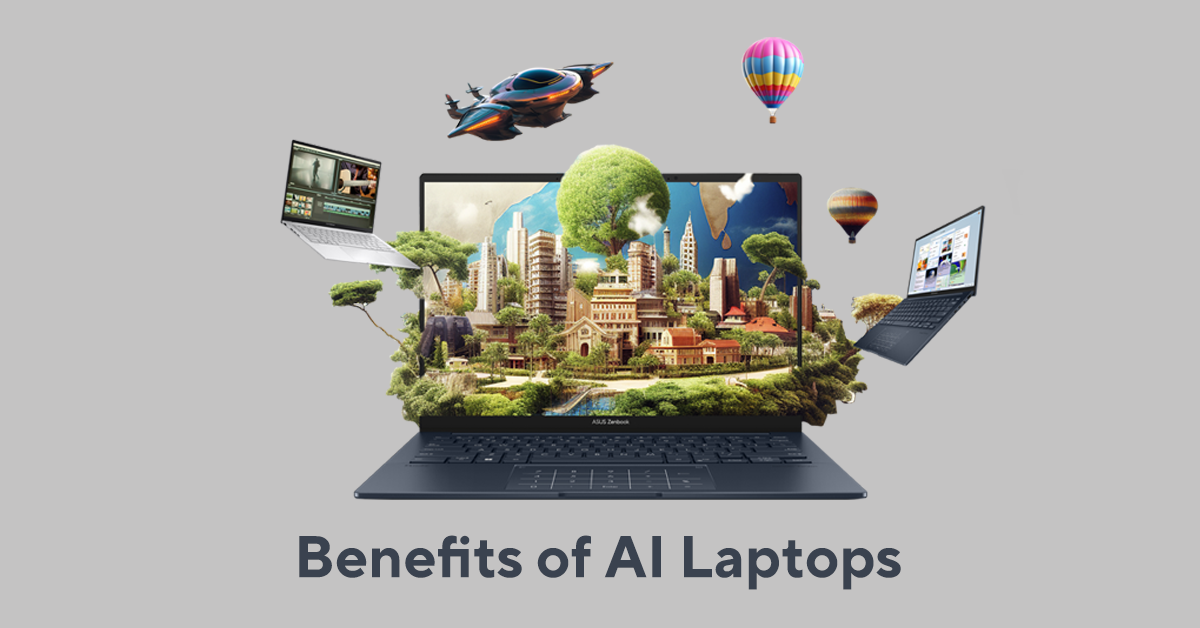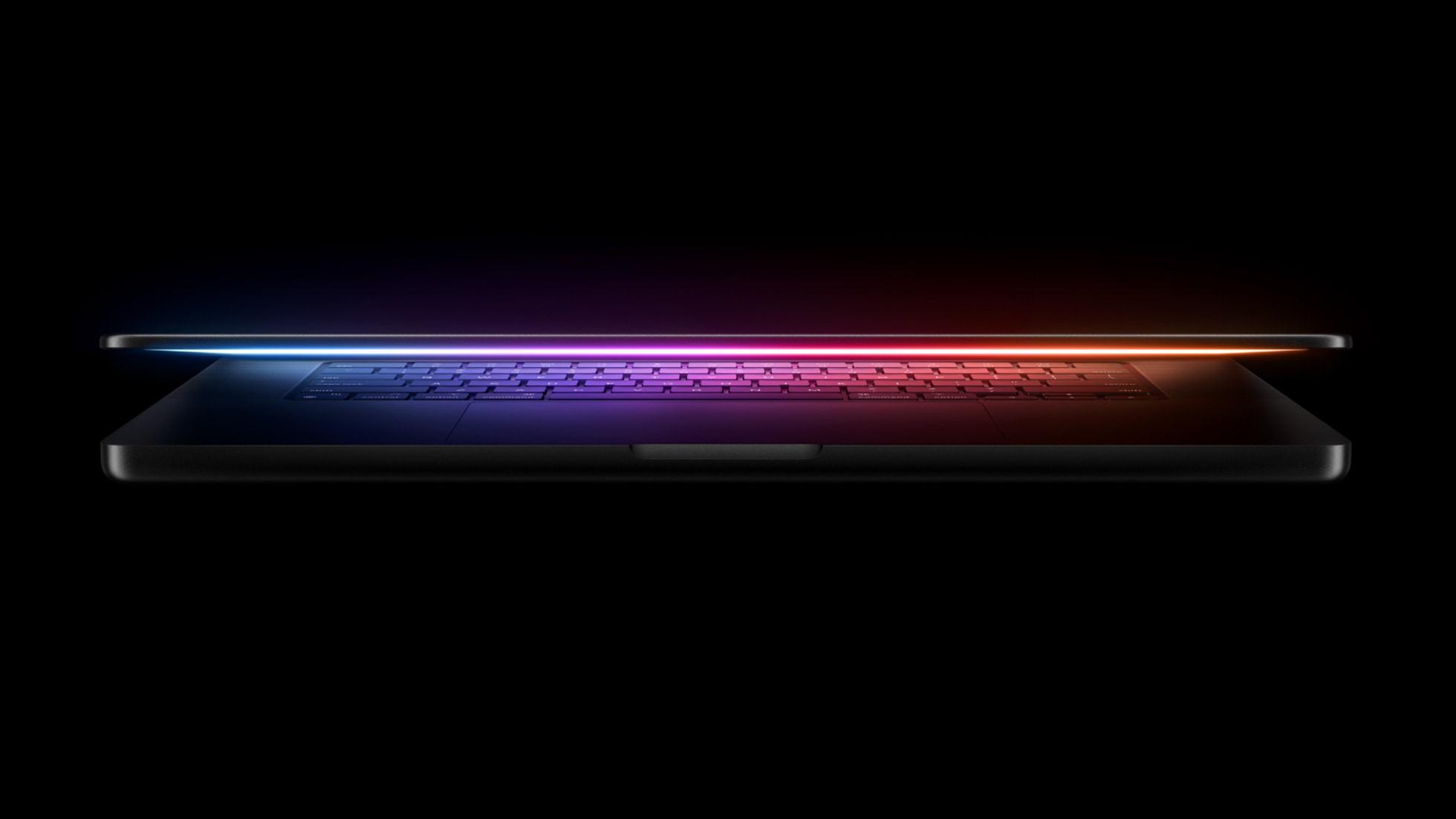I. Introduction
The tech world has a way of sneaking up on you, doesn’t it? One moment you’re marveling at your shiny new tablet, and before you know it, that same tablet’s collecting dust while you’re glued to a new, more powerful smartphone. Weird, right? But that’s where we are today.
High-end smartphones have been quietly creeping up, taking over roles that tablets once owned. The big question: are smartphones actually edging tablets out of the picture? That’s exactly what we’re here to dig into.
II. The Evolution of Smartphones
It wasn’t long ago when phones were all about calling and texting. We didn’t expect them to replace cameras, gaming consoles, or even computers. But look at where we are now. These little gadgets have evolved into pocket-sized powerhouses. With each new release, they’ve pushed the boundaries, adding faster chips, better cameras, and displays that make you wonder why you even need a tablet.
The rise of models like the Pixel 9 Pro XL, for example, has taken things to the next level. With a screen that’s almost tablet-sized, insanely sharp, and packed with features, who wouldn’t be tempted to stick with just one device?
III. The Rise of Foldable Smartphones
Let’s talk foldables. Yeah, you’ve seen them—the phones that flip or fold open like mini-tablets. They’re all the rage right now. What’s so special about them? Well, they’ve bridged the gap between smartphones and tablets. Want a big screen to watch movies? Open up your foldable. Need something more compact to carry around? Just close it.
When you compare these foldables to your traditional tablet, there’s a lot to think about. Tablets used to be the go-to for bigger screens, but with foldables offering the best of both worlds, it’s a tough sell for the old slate-style tablets to stay relevant.
IV. The Tablet Market: A Brief Overview
Once upon a time, tablets were seen as the future of portable computing. They flew off the shelves for a while, thanks to their versatility and larger screens. But now? They’re still around, sure, but the excitement has definitely cooled off.
People aren’t buying tablets like they used to. Why? Because the smartphone you already have in your hand can do almost everything a tablet can, and sometimes, even better. Key players like Apple and Samsung are still churning out new models, but it feels like they’re fighting an uphill battle against their own smartphone lineup.
V. Features That Blur the Lines
Here’s where things get interesting. These days, smartphones and tablets are more similar than different. Take a look at the latest smartphones—they’ve got screens that are just as big, if not bigger, than some of the smaller tablets. Plus, their resolutions are off the charts.
Add to that the fact that most apps are optimized for both smartphones and tablets, and you start wondering why anyone would choose to carry around two devices. When you’ve got a phone that can give you a seamless experience for everything from streaming to productivity, tablets almost seem… redundant.
VI. Consumer Preferences and Behavior
There’s no denying it—consumers are making choices based on convenience. Why lug around a tablet when your phone can handle everything? The size of today’s smartphones makes them more practical than ever. They fit in your pocket, and yet, they’re powerful enough to let you work, play, and browse on the go.
And that’s what most people want: something that’s easy to carry, fast to use, and capable of multitasking. Tablets, while nice to have, are becoming a bit of an “extra” for many. That extra isn’t always worth the hassle.
VII. Economic Factors Influencing Device Selection
Money talks, right? If you’re going to drop serious cash on a device, it better be worth every penny. High-end smartphones are pricey, but they offer so much more than tablets in terms of value. With one device that can do it all, consumers don’t feel the need to buy something extra just for the screen size.
Tablets may be less expensive than the top-tier smartphones, but if people feel like they’re not getting as much functionality, they’re going to hesitate. And in this economy, making smart, cost-effective choices is key.
VIII. The Future of Tablets
So, where does this leave tablets? Well, it’s not all doom and gloom. There’s still a place for them in certain niches—think graphic designers, educators, or maybe even in the gaming world. But for the average consumer? Tablets are starting to feel like a luxury rather than a necessity.
If they’re going to stay relevant, tablets are going to need some serious innovation. Maybe they’ll find a new purpose, or maybe we’ll see tablets that can truly stand apart from their smartphone cousins.
IX. Industry Responses
Tablet manufacturers are not just sitting around twiddling their thumbs, though. They know the competition is stiff. We’re seeing them get creative, partnering with software giants, or pushing new features that smartphones can’t quite match. Some companies are going all-in on the idea of making their tablets ultra-specialized, marketing them as tools for pros rather than everyday consumers.
But will it be enough? That’s the real question. With smartphones taking over the bulk of what tablets used to do, manufacturers are in a constant scramble to keep things fresh.
X. Conclusion
So, what’s the final takeaway? Smartphones are stepping all over the tablet market, and they’ve been doing it quietly for years. As they get better, faster, and bigger, the reasons to choose a tablet shrink.
Will tablets go extinct? Maybe not entirely. But for most people, the question won’t be, “Should I buy a tablet?” but “Why would I need one when my smartphone does everything?”
If you’ve been on the fence about which device to buy next, maybe it’s time to rethink your options. Do you need both? Or has your smartphone already replaced your tablet without you even realizing it?
I'm Salim, the creator and tech enthusiast behind this website. My passion for technology has been a lifelong journey, fueled by a deep curiosity about how things work and a desire to explore the latest gadgets and innovations that shape our world.





